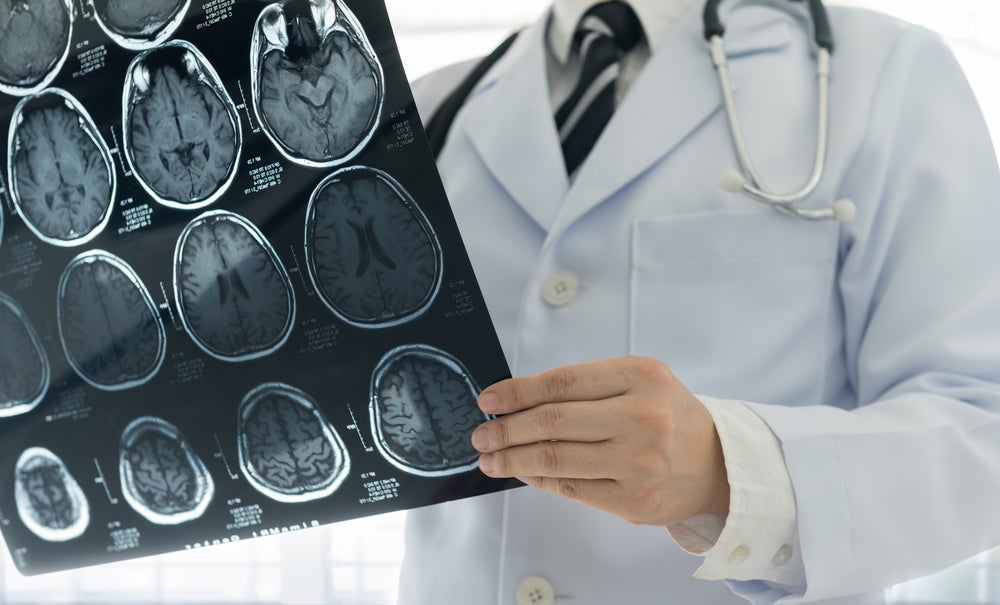The Australian-based biotechnology company Argenica has been given the go-ahead to enter Phase II clinical trials of ARG-007 for the treatment of acute ischaemic stroke (AIS) patients.
Argenica Therapeutics received the nod from St Vincent’s Hospital Melbourne’s Human Research Ethics Committee (HREC), with the first patients set to begin the trial next year.
ARG-007 protects brain cells from injury following a stroke, potentially making it unlike any other medication currently on the market, but not without competitors.
Previously, the final Phase I report on the drug, concluded that it was safe for patient administration and had a favourable pharmacokinetics (PK) profile.
Now, for the Phase II trial, only patients with a diagnosed large vessel occlusion stroke eligible for endovascular thrombectomy (mechanical removal of a clot in the brain) can be enrolled.
The HREC approval allows Argenica to start setting up trial sites in hospitals across Australia, where up to 92 patients will be dosed with either ARG-007 or a placebo in the Phase II study.
Argenica CEO and managing director Liz Dallimore, said: “We are confident we have designed a robust trial that is well structured and considered.
“Should the trial meet some or all of its endpoints, Argenica and ARG-007 are likely to garner significant commercial interest from large pharmaceutical companies.”
Patients to be enrolled in the Phase II study will need to present to the hospital’s emergency department with a confirmed AIS caused by an occlusion in a large vessel in the brain which needs to be treated with endovascular thrombectomy.
Patients will then immediately receive either a single intravenous dose of ARG-007 or a saline placebo prior to undergoing a thrombectomy procedure.
ARG-007 is not the only drug undergoing trials to treat patients following an acute ischaemic stroke. In April of this year, XBiotech enrolled the first patient in a Phase I trial of Hutrukin, which is similarly being developed as a treatment for reducing brain injury following ischaemic stroke.
Dallimore added: “The secondary objective is to characterise the effect of ARG-007 on reducing infarct volume (volume of brain cell death) in participants with AIS.
“Because this molecule works through a number of different mechanisms, it could be effective against many different illnesses.”















